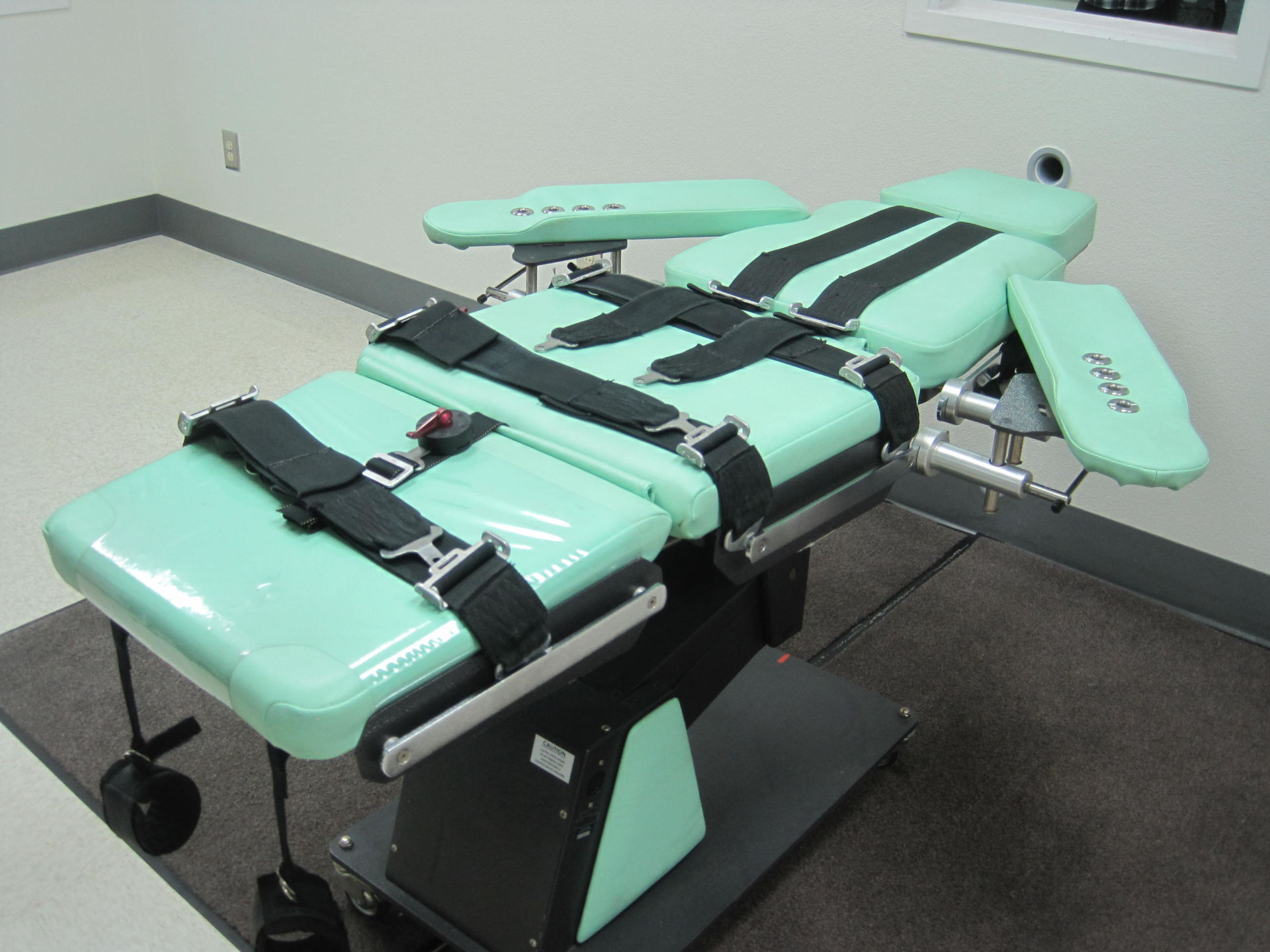“For the random few for whom execution does become a reality,” he wrote, “they will have languished for so long on Death Row that their execution will serve no retributive or deterrent purpose and will be arbitrary.”
In overturning Carney, appellate Judge Susan P. Graber wrote that "many agree with petitioner that California’s capital punishment system is dysfunctional and that the delay between sentencing and execution in California is extraordinary."
Nonetheless, Graber ruled that in setting aside Jones' death sentence because of systemic delays in carrying out the state's death penalty, Carney had violated a 1989 Supreme Court precedent that generally bars federal courts from announcing a new constitutional rule of law in death penalty cases. The panel essentially took a pass on examining the substance of Jones' claim.
In a concurring opinion, Judge Paul Watford wrote that he would reverse Carney, too -- but on different grounds. Watford said Jones had not exhausted his opportunities to challenge his sentence in state court, as required in most cases under federal habeas law.
Rory Little, professor at UC Hastings College of the Law, told KQED's Guy Marzorati that Jones' appeal is far from finished.
“The petitioner in this case will not be executed any time soon because he will presumably file a petition in the California Supreme Court," Little said. "And then the California Supreme Court will have to deal with this theory of arbitrariness and over long delays.”
He noted that the state's high court has already signaled it is "somewhat unreceptive" to the reasoning behind Carney's decision setting aside Jones' sentence.
"They wrote an opinion where they said, 'We are now aware of the Jones case from the federal district court, and even assuming all the facts are true as stated in that opinion, we don’t think it’s an Eighth Amendment problem."
Now, however, the state court will have to confront the issue directly. And if Jones loses there, with his state appeal exhausted he's likely to go back to federal court and try his argument there.
Neither Carney's ruling nor today's 9th Circuit opinion have any effect on two other cases -- one in state court, the other in federal court -- that challenge the state's lethal injection method of execution as cruel and unusual.
"I hate to call the litigation over the death penalty a three-ring circus," Little said, "but if you think of it as separate rings, this was in one ring and that method-of-execution litigation is a completely separate ring and is going to go along at its own pace, without regard to this case.”
KQED's Guy Marzorati contributed to this post.

